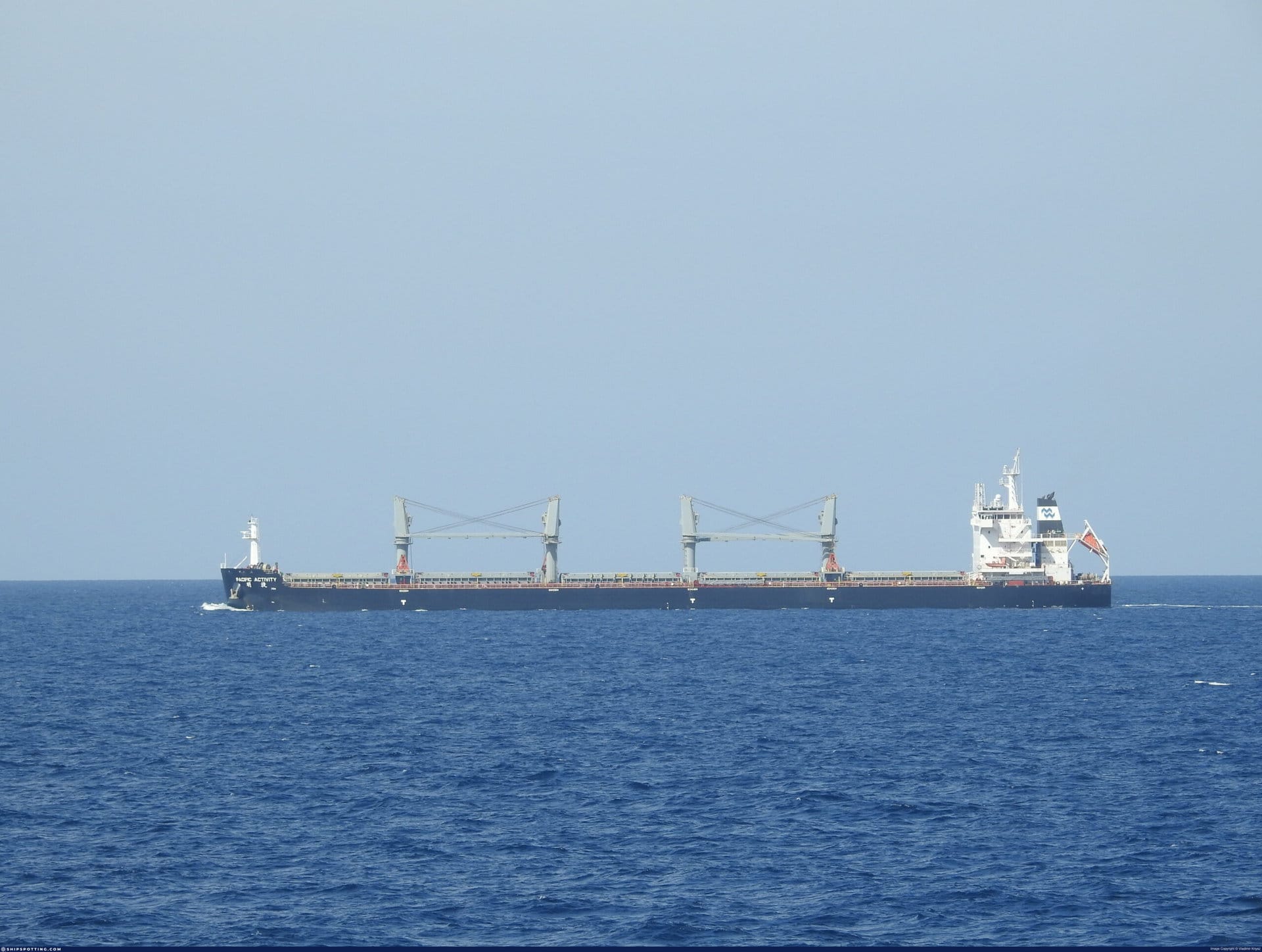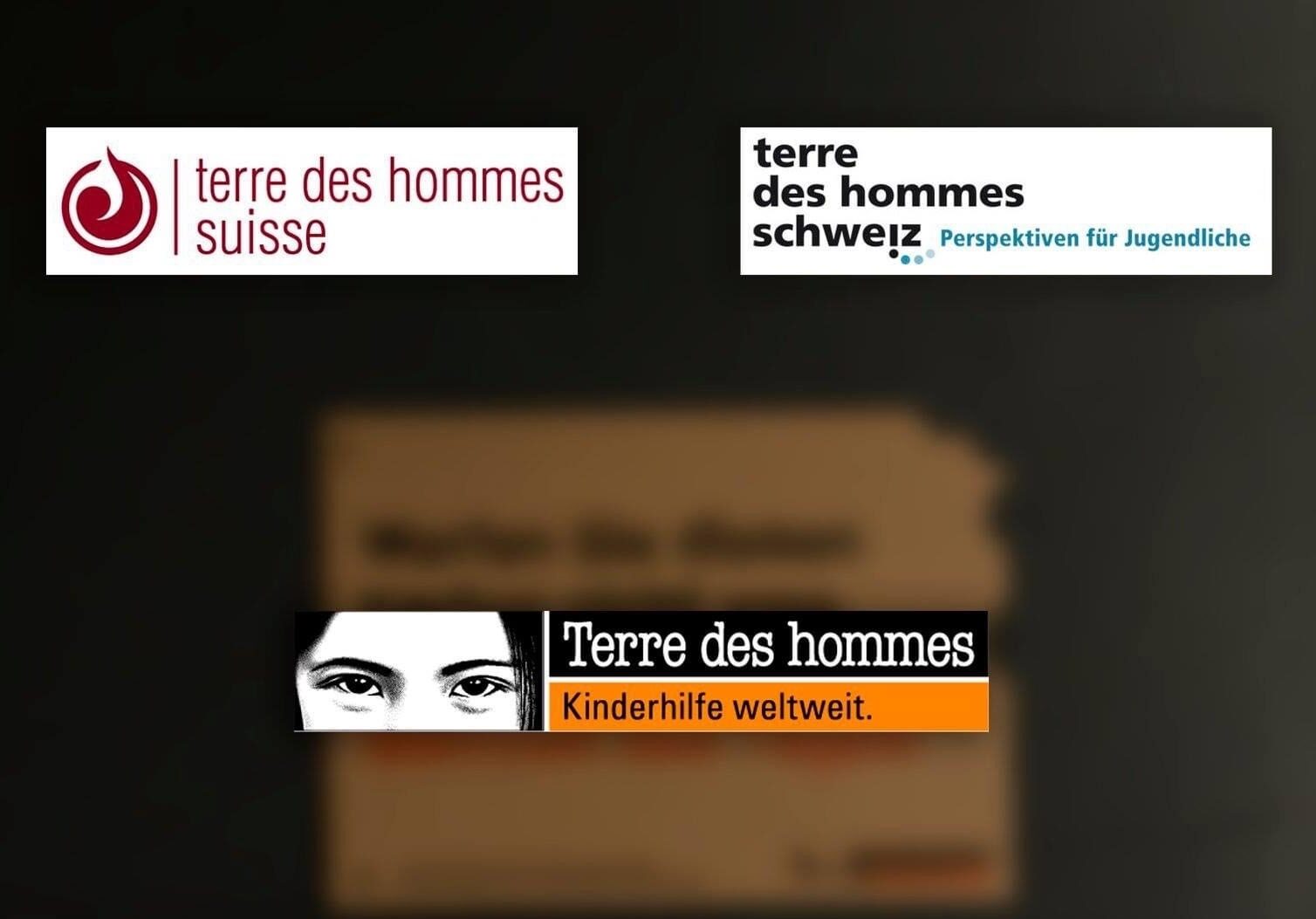Phosphate is being mined in the occupied Western Sahara against the will of the Sahrawi people. Swiss companies are repeatedly involved in the transportation of the raw material. This is also the case in 2023, as a new report shows. Companies involved in mining and transportation support the status quo of the occupation of this last colony in Africa.
The phosphate rock extracted from the Phosboucraa mine is an important basis for the production of fertilizer. The problem is that Phosboucraa is located in occupied Western Sahara. In 1975, a large part of the Sahrawi population living there fled the Moroccan occupation and has been living in refugee camps in the Algerian desert ever since. Phosphate mining, which is illegal under international law, is a lucrative source of income for the occupying power. Swiss companies are repeatedly involved in the transportation of the rock, including in 2023, as a recently published report shows.
Against the will of the Sahrawi people
Geneva-based Cargill International SA is the operator of two ships that transported phosphate rock from the occupied Western Sahara: The “Pearl Eternity” left the port of El Aaiun in the Western Sahara on May 11, 2023, bound for Mexico, and the “Oceanlove” left on September 29, 2023, bound for India.
According to international law, the extraction of natural resources in Western Sahara is only permitted if the affected population has given its prior consent. However, the Saharawis people, represented by the Frente Polisario, have repeatedly spoken out against the mining of phosphate by the Moroccan state-owned company OCP. Companies involved in this mining, whether through transportation or purchase of the material, support the status quo of the occupation. They are partly responsible for the fact that the grueling conflict over the last colony in Africa remains unresolved*.
There is a threat of further dismantling
Western Sahara Resource Watch, a network partner of terre des hommes schweiz, has been documenting phosphate mining in the occupied Western Sahara for eleven years. Revenues have risen sharply, especially since the Russian invasion of Ukraine in 2021, and are estimated to amount to 400 million US dollars in 2023. Most exports went to Mexico last year, followed by India and New Zealand, with a very small proportion going to Japan.
Morocco has been expanding its phosphate mining infrastructure since 2021, which will further increase revenues. The port in El Aaiun, from where the phosphate rock is shipped, is being expanded and factories are being built so that finished fertilizers can be exported in the foreseeable future.
*terre des hommes schweiz asked Cargill International SA for comment in March and received no response.
Read the report by Western Sahara Resource Watch to find out which other companies are involved in the phosphate trade from occupied Western Sahara:
Difficult living conditions and a lack of prospects
In the occupied part of Western Sahara, where the mining is taking place, there are massive human rights violations that have been documented by organizations such as Human Rights Watch and the UN Committee against Torture. Conditions in the refugee camps, where the majority of the Sahrawi population lives, are extremely difficult. Temperatures can reach over 50 degrees at times, making it almost impossible for people to survive. In addition, there are sandstorms and flooding and the people are dependent on international aid supplies. The lack of opportunities and prospects is a particular problem for young people. terre des hommes schweiz therefore supports projects for young people in the Smara refugee camp.
The people in the refugee camps and in the occupied territory are waiting for the referendum on self-determination to be held, which was agreed as part of a ceasefire agreement between Morocco and the Polisario in 1991. It has been blocked by Morocco ever since. Meanwhile, the occupying power and Western companies are enriching themselves from the phosphate deposits in occupied Western Sahara.



